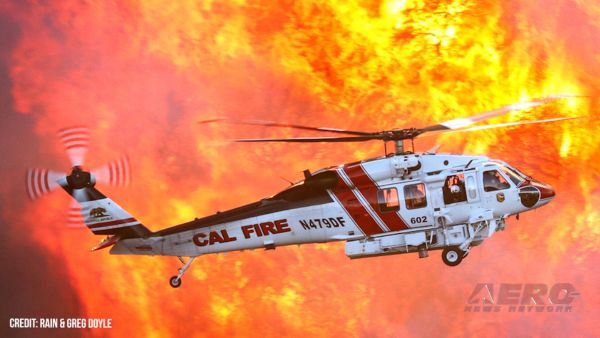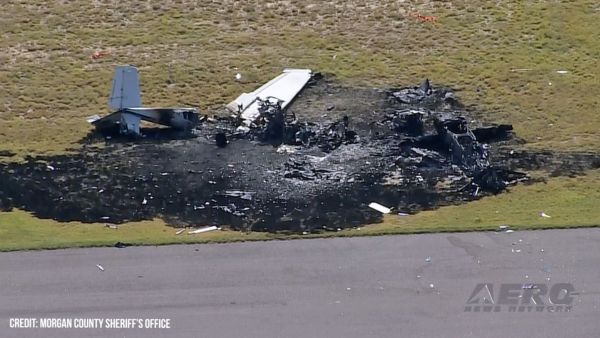Tue, Jan 21, 2025
Advertisement
More News
 EMAS Systems Stop 2 Aircraft In Separate Incidents
EMAS Systems Stop 2 Aircraft In Separate Incidents
Overruns Halted Safely In Chicago and Boca Raton Two EMAS – Engineered Materials Arresting Systems – were instrumental in stopping aircraft during runway overruns at Ch>[...]
 NTSB Prelim: Marshall Allen L RV6A
NTSB Prelim: Marshall Allen L RV6A
He Reduced The Throttle Control About ¼ Inches, Heard A “Slight Pop,” And The Engine Lost Power On August 19, 2025, at 1640 central daylight time, a Vans RV-6A a>[...]
 Aero-News: Quote of the Day (09.04.25)
Aero-News: Quote of the Day (09.04.25)
"We are pleased to have reached this first milestone in our restructuring process, which will support normal operations as we take decisive action to ensure that Spirit continues d>[...]
 ANN's Daily Aero-Term (09.04.25): VFR Not Recommended
ANN's Daily Aero-Term (09.04.25): VFR Not Recommended
VFR Not Recommended An advisory provided by a flight service station to a pilot during a preflight or inflight weather briefing that flight under visual flight rules is not recomme>[...]
 ANN's Daily Aero-Linx (09.04.25)
ANN's Daily Aero-Linx (09.04.25)
Aero Linx: Sentinel Owners & Pilots Association Stinson L-5 Owners Club. Offering expertise in the Ownership, Maintenance, and History of the Stinson L-5 since 2001. The Stinso>[...]
blog comments powered by Disqus





